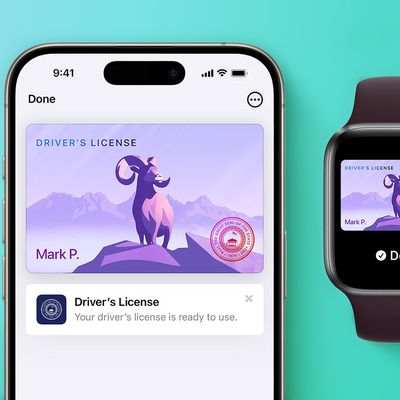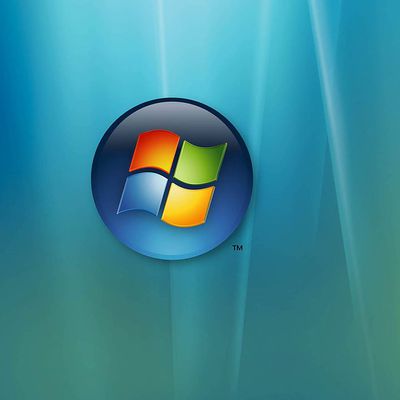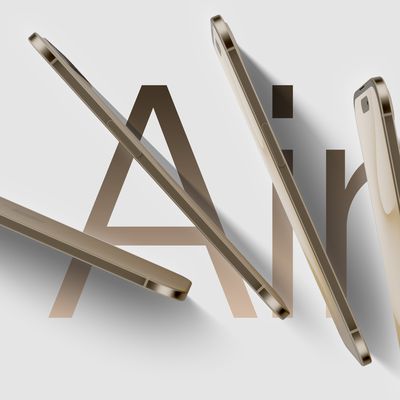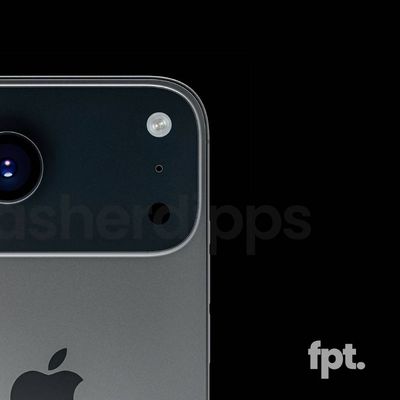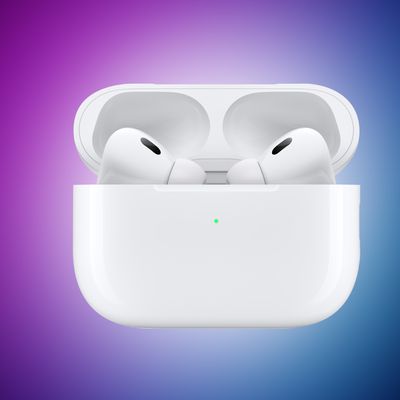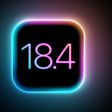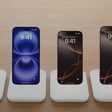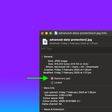Apple Said to Be Stopping Use of TLC NAND Flash in iPhone 6 and 6 Plus After Reported Issues
Apple will switch from using TLC (triple-level cell) NAND flash to MLC (multi-level cell) NAND flash in the iPhone 6 and iPhone 6 Plus after users have experienced crashing and boot loop issues with the higher capacity versions of both devices, reports BusinessKorea.
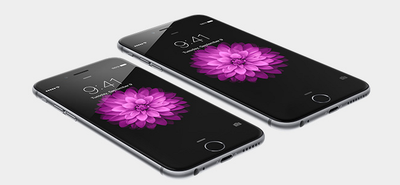
Sources have told the paper that flash memory firm Anobit, which Apple acquired in 2011, is to blame for the manufacturing defects. Apple will reportedly switch to MLC NAND flash for the 64GB iPhone 6 and the 128GB iPhone 6 Plus, and will also address crashing and boot loop issues with the release of iOS 8.1.1. Apple has used MLC NAND flash before, in previous-generation iPhones.
TLC NAND flash is a type of solid-state NAND flash memory that stores three bits of data per cell. It can store three times as much data as single-level cell (SLC) that stores one bit of data, and 1.5 times as much as multi-level cell (MLC) solid-state flash memory that stores two bits of data. On top of that, TLC flash is more affordable. However, it is also slower than SLC or MLC in reading and writing data.
Apple released its first iOS 8.1.1 beta to developers earlier this week, although the company did not specify whether the included bug fixes addressed boot loop and crashing issues on the iPhone 6 and iPhone 6 Plus. Users who are experiencing an unusual amount of boot loops and crashes with their iPhone 6 or iPhone 6 Plus are recommended to bring their devices back to an Apple Retail Store for a replacement.
Popular Stories
If you pay for iCloud storage on your iPhone, Apple has a new perk for you, at no additional cost.
The new perk is the ability to create invitations in the Apple Invites app for the iPhone, which launched in the App Store last month.
In the Apple Invites app, iCloud+ subscribers can create invitations for any occasion, such as birthday parties, graduations, baby showers, and more. Anyone ...
In select U.S. states, residents can add their driver's license or state ID to the Wallet app on the iPhone and Apple Watch, providing a convenient and contactless way to display proof of identity or age at select airports and businesses, and in select apps.
Unfortunately, this feature continues to roll out very slowly. It has been three and a half years since Apple first announced the...
While the first iOS 19 beta is still more than two months away, there are already plenty of rumors about the upcoming software update.
Below, we recap the key iOS 19 rumors so far.
visionOS-Like Design
In January, the YouTube channel Front Page Tech revealed a redesigned Camera app that is allegedly planned for iOS 19.
According to Front Page Tech host Jon Prosser, the Camera app...
Is Apple experiencing a "Vista-like drift into systemically poor execution?"
That was a question posed by well-known technology analyst Benedict Evans, in a recent blog post covering Apple's innovation and execution, or seemingly lack thereof as of late. He is referring to Microsoft's Windows Vista operating system, which was widely criticized when it launched in 2007 due to software bugs,...
Serial leaker Sonny Dickson today shared an image of what he claims is a first look at a third-party case for Apple's iPhone 17 Air. "If you didn’t know an Air was coming, you'd swear it was a Google Pixel case," he said.
Case manufacturers often obtain design specifications of upcoming iPhone models before their release by collaborating with Apple through official partnerships or...
Seasoned leaker Sonny Dickson has shared more dummy models of Apple's upcoming iPhone 17 series, with the latest lot revealing a noticeable shift in Apple's iPhone Pro model design that goes beyond the much-talked-about new rear camera bar.
Dickson points out that the iPhone 17 Pro dummy models feature an outlined area on the back, beginning just below the camera module and extending to the...
While the iPhone 18 Pro models are still around a year and a half away from launching, there are already some early rumors about the devices.
Below, we recap some key iPhone 18 Pro rumors so far.
Under-Screen Face ID
In April 2023, display industry analyst Ross Young shared a roadmap showing that iPhone 17 Pro models would feature under-display Face ID. In May 2024, however, Young said ...
The European Commission today announced a long list of changes that Apple is legally required to implement in future iOS 19 and iOS 20 updates.
The announcement clarifies interoperability requirements that Apple is required to adhere to in the EU, under the Digital Markets Act, which has been fully enforced since March 2024. The changes will further open up the iPhone and its technologies to ...
Despite being released over two years ago, Apple's AirPods Pro 2 continue to dominate the wireless earbud market. However, with the AirPods Pro 3 expected to launch in 2025, anyone thinking of buying Apple's premium earbuds may be wondering if the next generation is worth holding out for.
Apart from their audio and noise-canceling performance, which are generally regarded as excellent for...




